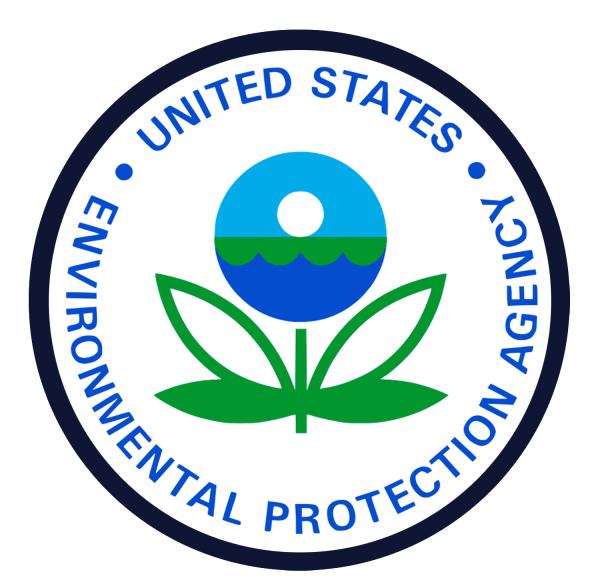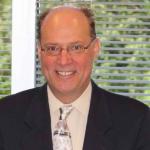“The prospect of domination of the nation’s scholars by Federal employment, project allocations, and the power of money is ever present and is gravely to be regarded.
…Yet, in holding scientific research and discovery in respect, as we should, we must also be alert to the equal and opposite danger that public policy could itself become the captive of a scientific-technological elite.
…It is the task of statesmanship to mold, to balance, and to integrate these and other forces, new and old, within the principles of our democratic system-ever aiming toward the supreme goals of our free society.”
Dwight D Eisenhower, 34th President of the United States
Today, I am not speaking on behalf of the American Council on Science and Health; I am writing personally. Following World War II, the American people believed that there was no problem that science couldn’t solve. Today, for various reasons, we have lost faith in our scientists and our policymakers. With President Biden’s action, taxpayer-funded research is not subject to as much independent oversight as they were under the committees and panels during President Trump’s administration.
Dr. S. Stanley Young, a member of ACSH’s Board of Scientific Advisors and one of the many peremptorily dismissed by the current administration, has filed a lawsuit against this decision.
A specific problem
The Environmental Protection Agency (“EPA”) has eliminated all industry representatives from two important advisory committees, replacing them with academics with little or no practical experience in the industries they will now oversee.
Numerous advisory committees provide input and recommendations to EPA on a wide range of environmental policies that impact industries and consumers across America. These firings involved the 40 to 50 member Science Advisory Board (SAB) which reviews and provides scientific and policy advice to the EPA on regulatory issues. And the 7- member Clean Air Scientific Advisory Committee (CASAC), which performs a critical role in advising EPA on air quality standards, and the energy and economic impact of those standards. Despite the “advisory” label, EPA engagement with these committees is, in fact, mandatory
The Federal Advisory Committee Act imposes two fundamental requirements on agencies that form advisory committees:
- Committee membership must be “fairly balanced in terms of the points of view represented and the functions to be performed by the advisory committee.”
- The agency must adopt “appropriate provisions to assure that the advice and recommendations of the advisory committee will not be inappropriately influenced by the appointing authority or by any special interest, but will instead be the result of the advisory committee’s independent judgment.”
The decision by President Biden fails to accomplish either of these fundamental requirements
By excluding industry, they exclude voices that address the economic impact to the industry, but more importantly, the impact upon their employees, consumers, and all Americans. They lose a voice in what is practical and actionable. Both academics and business members have conflicts of interest; this is a given when you bring experts to the table to make decisions. The conflicts for academics are no more noble or perverse than those of business. Your best hope is to find experts who will act as fair witnesses on behalf of the nation, which is best done by diversity, not just in ethnicity or gender, but in viewpoints.
Advocates of President Biden’s decision point to the presence of industry on these panels as regulatory capture – “an economic theory that regulatory agencies may come to be dominated by the interests they regulate and not by the public interest.” But as President Eisenhower, the man who pointed out the growing military-industrial complex, so sagely points out, regulatory capture can involve academics just as easily. In this time of unease and distrust, we should consider the words of Justice Louis Brandeis
“If there be time to expose through discussion the falsehood and fallacies, to avert the evil by the process of education, the remedy to be applied is more speech, not enforced silence.”
I wish Dr. Young success in his lawsuit. The American public needs for him to win.




